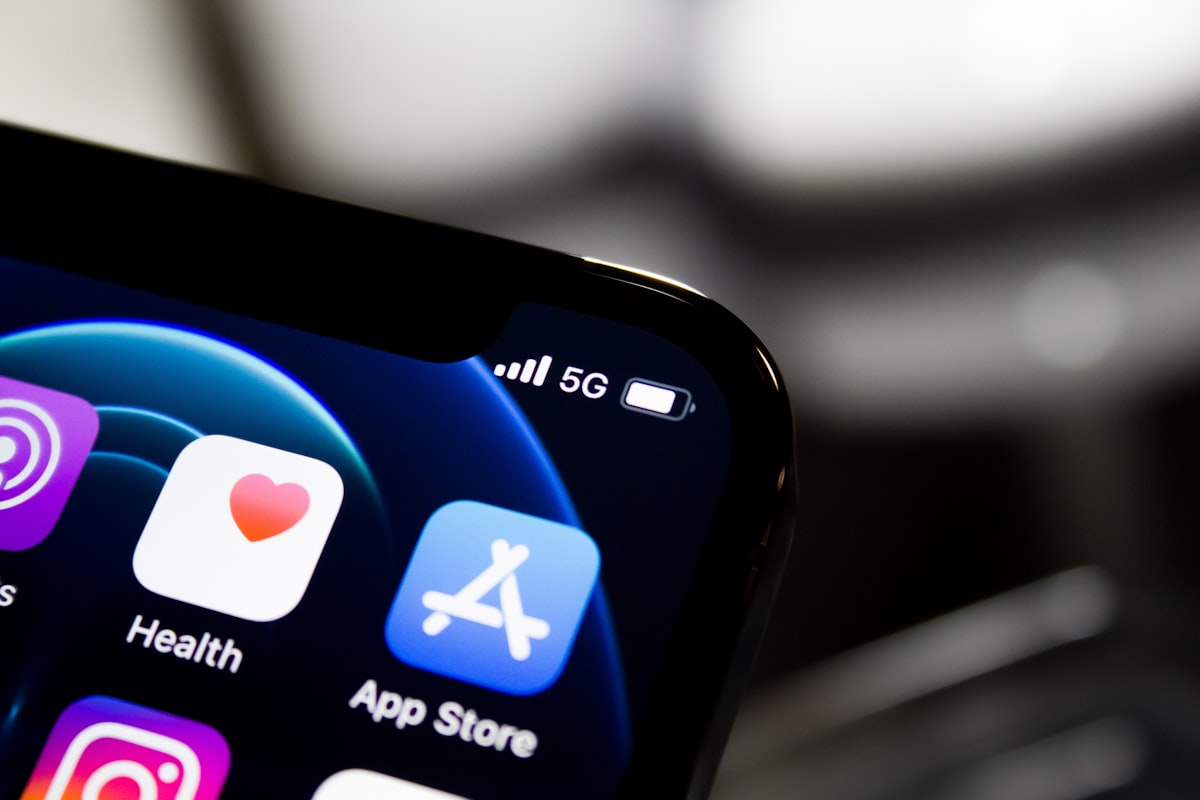The App Store Is Under Attack (Not by Hackers)

Governments around the world are enacting new regulation and opening antitrust investigations over the dominance of Google and Apple’s respective app stores. Arguably, these attacks were inspired by Epic Games v. Apple since, in that case, Apple partially won.
For those who are unfamiliar, Apple takes a 30% commission of revenue made though apps hosted in its App Store. In 2020, Epic Games CEO Tim Sweeney became frustrated by this commission and began publicly criticizing Apple’s fees and marketshare.
Shortly thereafter, Epic rolled out what it called "Project Liberty" in which their popular title Fortnite was updated to circumvented Apple’s commission collection mechanism. In response, Apple removed the game from its App Store for breach of contract. Sweeney took the position that Apple’s removal of Fortnite somehow hindered his freedom. On Twitter, he began a series of Tweets under “#FreeFortnite,” and his company filed antitrust suits. Conversely, Apple took the position that Epic’s actions were akin to shoplifting.
In fact, Epic’s actions were akin to shoplifting. Imagine some individual owns a shopping mall in which tenants pays rent in exchange for a retail space. In this situation, all transactions are voluntary; someone decides to open a shop in this mall at an agreed upon rent and the owner chooses to rent to him—this transaction is in the economic best interest of both parties.
If a shop owner, after having opened his shop, decides the rent is too high, he can discuss a reduction with the owner or find a new location. If the shop owner instead decides to stop paying rent and continue operating on the owner’s property without his consent, he is committing theft.
Tim Sweeney is this parasitical shop owner; even though the venue in which he sells his products is vital to his company’s success, he is unwilling to trade value for value. Sweeney believes he is entitled to publish his games in the App Store without paying rent, and Apple’s refusal to let him do so is an attack on his freedom.
In reality, Sweeney is attacking Apple’s freedom; the App Store is private property, and Sweeney’s lawsuits are an attack on Apple’s right to manage their property as they see fit. Furthermore, Apple created the innovation that is the App Store—Sweeney did not. Prior to its inception, software was still widely sold on CD-ROMs in physical retail stores, and mobile apps were unheard of. The App Store created the concept of mobile apps and provided a means for their convenient distribution to a worldwide audience.
Sweeney wishes to consume the innovations created by the App Store neither having produced them nor willing to trade for their use, and “the man who consumes without producing is a parasite, whether he is a welfare recipient or a rich playboy” (Philosophy: Who Needs It, 132).




